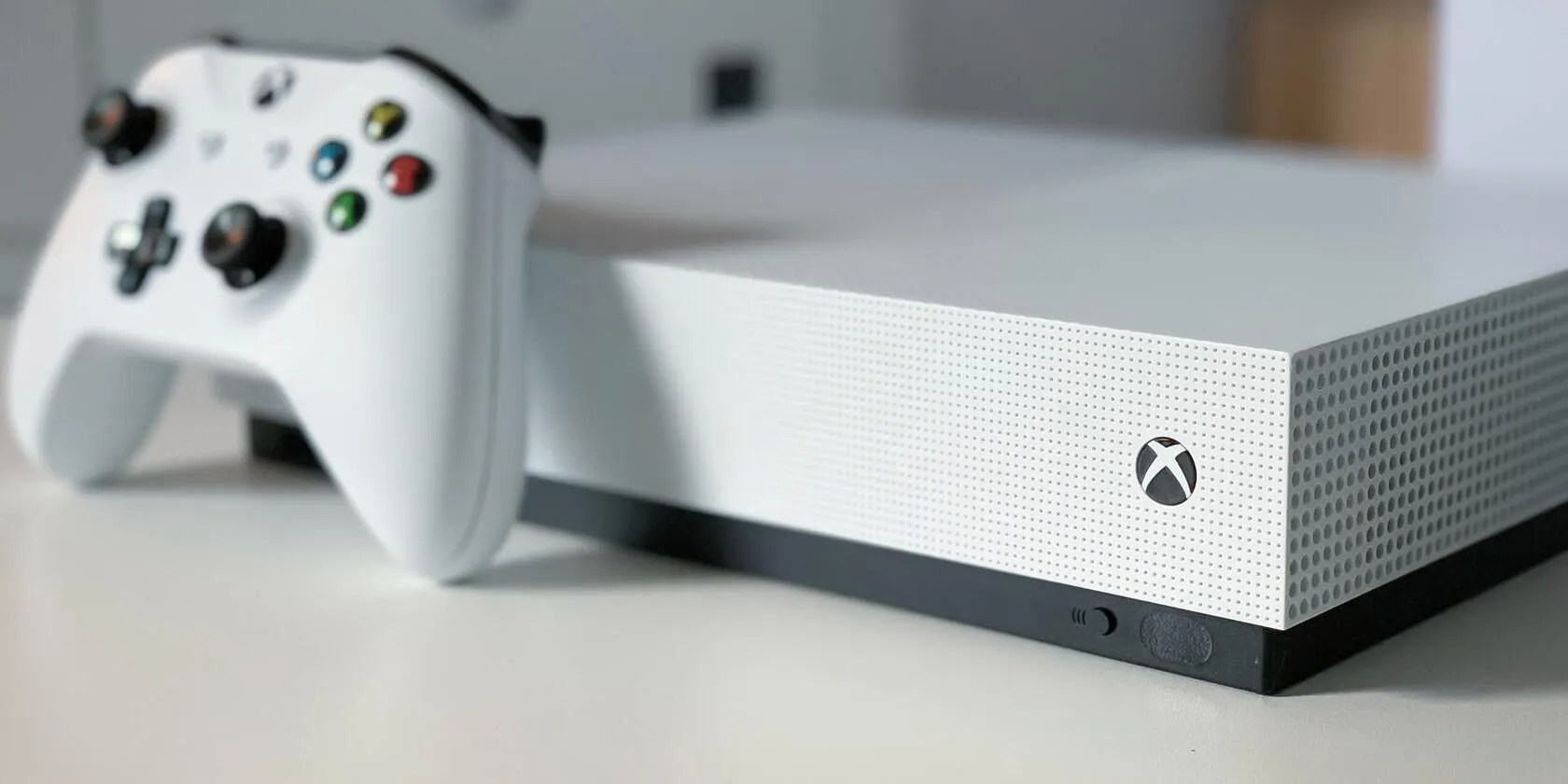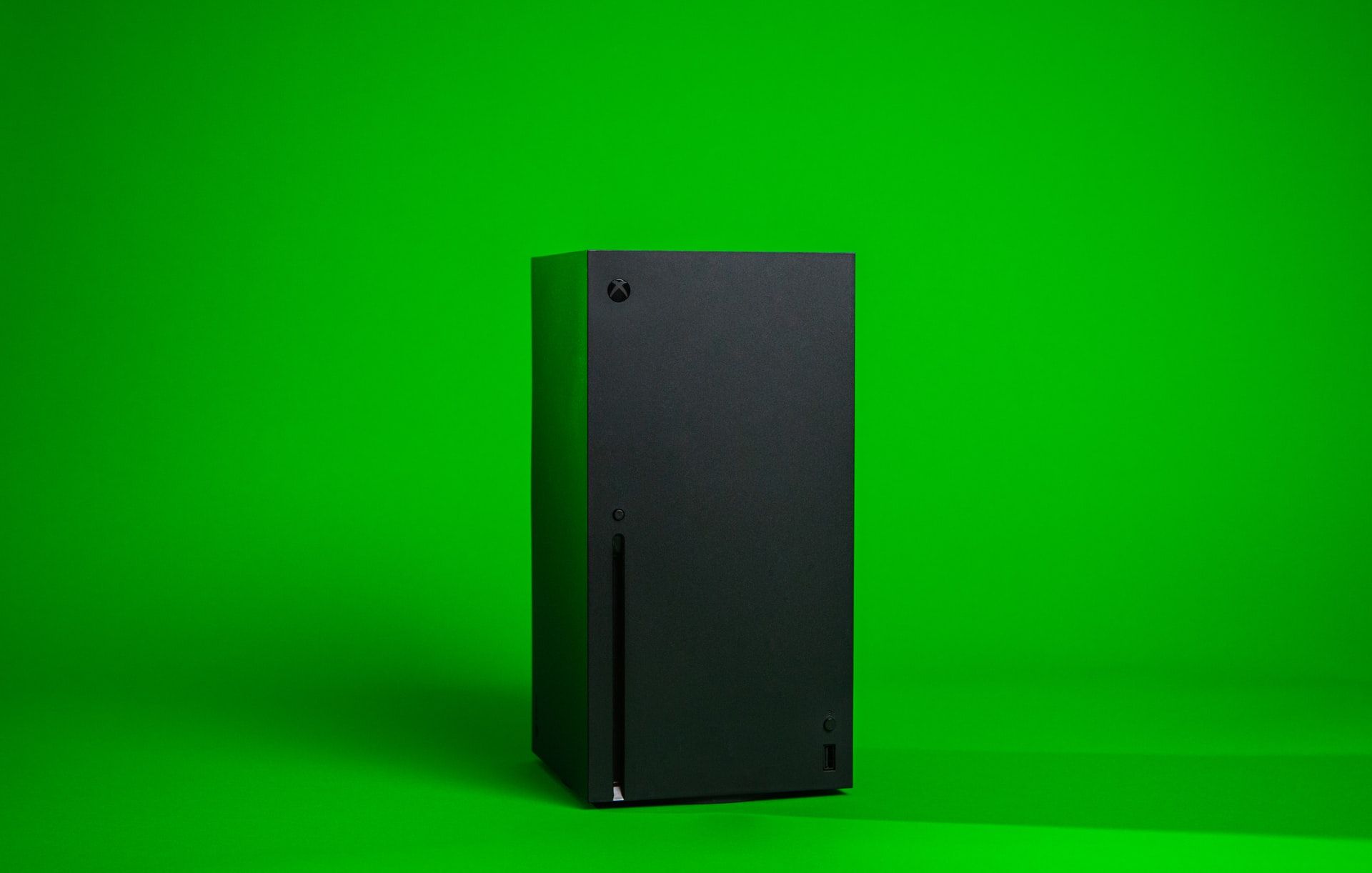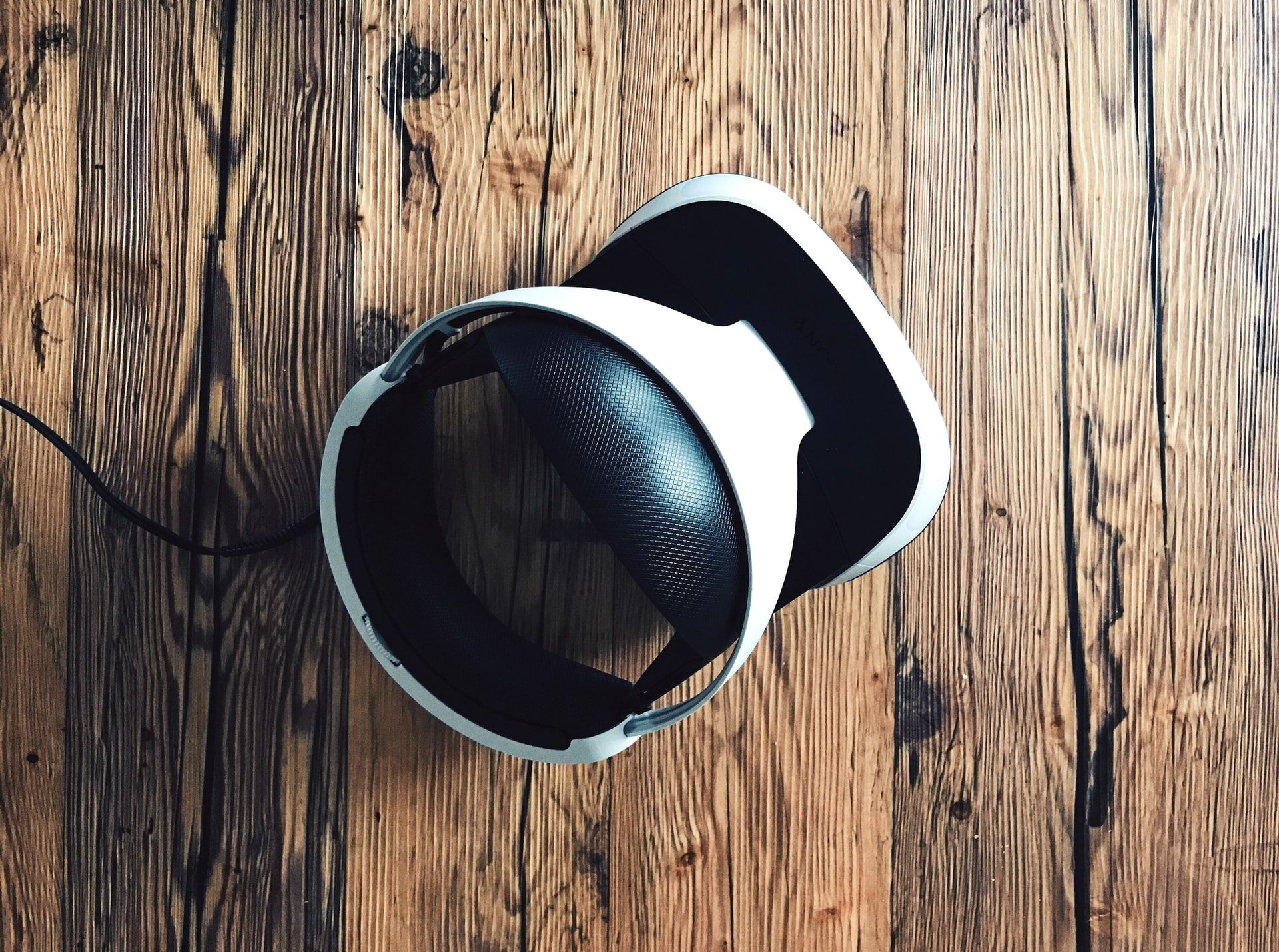Microsoft’s Xbox is one of the most popular game consoles on the market. For more than two decades, the Xbox has been stiff competition for Sony’s flagship, steadily pushing the bar for gaming in general.
However, while PlayStation offers a VR solution, Xbox has notably steered clear of this market altogether. The Xbox Series X is a gaming powerhouse, so it’s not like technology is an issue.
So why don’t we have an Xbox VR solution yet? This could be due to several reasons.
Microsoft just isn’t interested in developing new Xbox hardware.
As reported by video game chroniclePhil Spencer (CEO of Microsoft Gaming), during a discussion at the Wall Street Journal’s Tech Live Event, stated that a VR headset for Xbox was simply not in the cards, and that the company focused on software.
Microsoft has a pretty elaborate gaming ecosystem and its cloud software plays a big part in that. In fact, Spencer believes that software would scale better than hardware over a longer period.
From your comments, it seems obvious that the company believes that VR is a niche market at the moment, and until there is significant demand, it may not want to invest too much in new hardware.
Xbox has too many other things to focus on
Another reason launching an Xbox VR solution right now doesn’t make sense is that the company simply has too many other things to focus on.
Xbox has two different consoles that are in the early years of their release cycle, the Xbox Series X and Series S. There’s also the revamped Xbox Game Pass that lets you play on PC, your Xbox, and even in the cloud. There is a series of Advantages of the Game Pass on sale too.
The company is already falling behind PlayStation in terms of console sales, but its main focus is Game Pass, which simply has no other competitor in terms of the value it offers. In fact, its success led Sony to change its PlayStation Plus Subscriptions also.
Xbox already has quite a bit going on, so there’s no point in the company starting to build an entirely new piece of hardware from scratch.
The success of Sony’s VR headset
Another reason Microsoft might not be as keen on releasing a VR headset is due to the success of Sony’s PlayStation VR. It has already sold more than five million units and Sony is on the way to release its next version.
Given the fact that Xbox is more focused on its cloud gaming infrastructure, investing in new hardware, especially with a direct competitor already dominating the space, doesn’t seem like a viable financial move.
There are some great VR games out there, like Half-Life: Alyx, but none that instantly result in a sales boom. Taking on Sony’s rapidly growing install base and VR library might not be a good move, given the fact that Microsoft already has significant resources invested in improving its gaming infrastructure.
Microsoft wants to improve its line of content
Development times on Xbox are considerably longer, with several games canceled and others delayed. In terms of platform exclusives, Xbox has some, but it doesn’t compare to Sony’s lineup.
Instead of dividing up resources to work on a VR headset, it stands to reason that Xbox would want to improve its lineup of content. Microsoft Gaming went on a buying spree in 2021 and 2022, acquiring Activision Blizzard and Bethesda, two of the largest studios in the gaming industry.
That’s a clear indication that the company wants to add more content to the Xbox lineup. Investing in a VR headset right now can result in longer development times, especially as the VR market is still growing and has a long way to go before it’s considered mainstream.
Microsoft’s bet with Game Pass is paying off
Microsoft is hesitant to invest in new technologies like virtual reality because of its focus on creating a more connected ecosystem. While an Xbox VR fix of some kind isn’t out of the question, it may be a while before we experience it.
Game Pass is the crown jewel in Microsoft’s offering, giving gamers seamless gameplay across multiple devices. It’s even available on the iPhone and iPad and growing.


